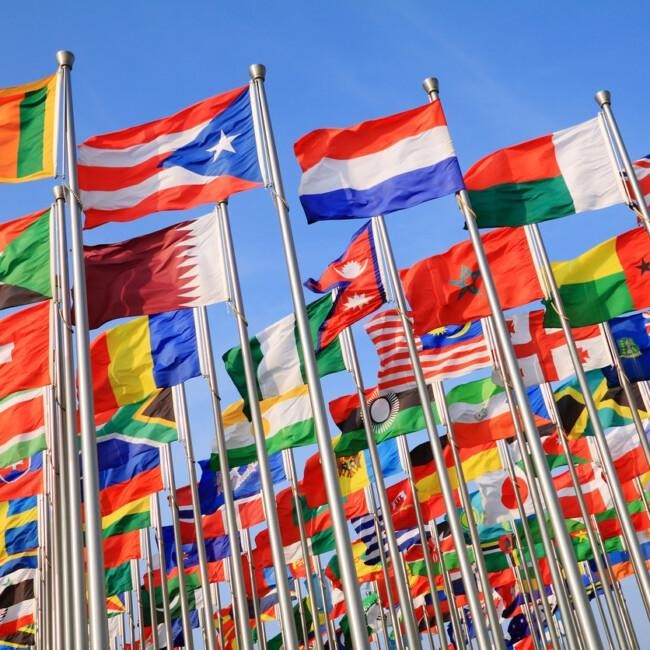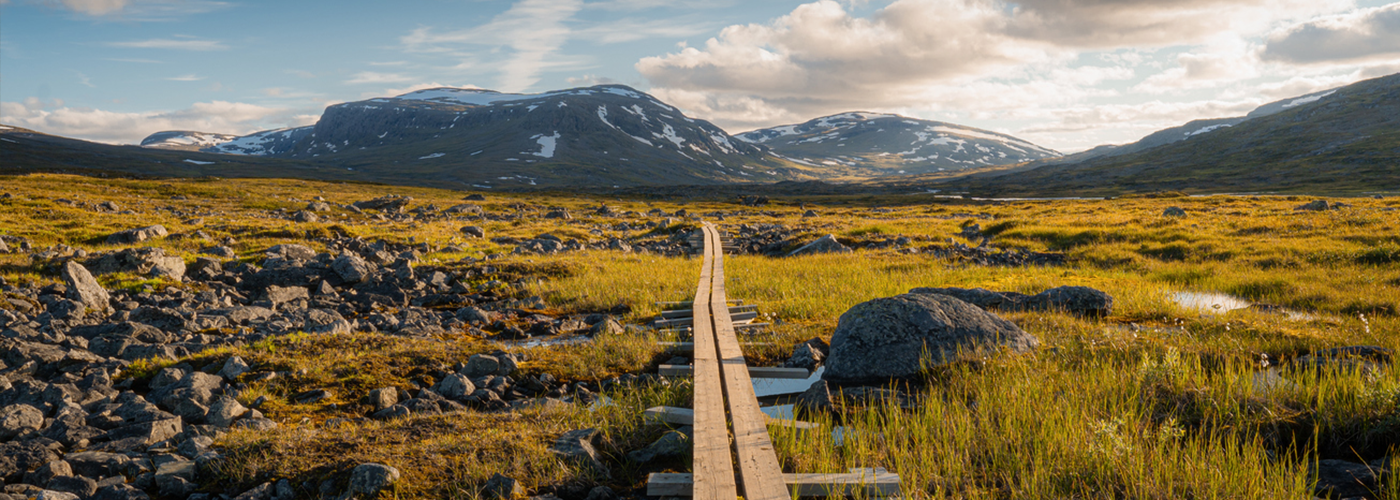
In Finland’s integration with the West, the Nordic countries have played an important role as a historical, cultural and value-based community. The importance of the Nordics for Finland declined with EU membership, but its relevance has once again been highlighted due to the deterioration of the regional security situation. There is strong support for Nordic cooperation in Finland among policy makers and citizens.
Nordic cooperation is currently situated between traditional issues of interest and new kind of challenges. The countries are forced to pursue their interests within an increasingly changing international order, and there is a common need to understand better phenomena and developments that affect regional long-term security and stability. Traditionally, Nordic cooperation has been limited in the field of foreign and security policy. The recent years, with a new set of challenges, have witnessed nevertheless an increased need for a Nordic foreign policy debate, which is reflected also in the relations between the five Nordic institutes of international affairs. The cooperation between the institutes has intensified both between researchers and directors. Much of this increased collaboration is due to the availability of funding for Nordic projects on foreign policy issues as well as the Research Exchange Programme between the Nordic institutes, which have allowed in-depth research on several topics that are timely for all the Nordic countries, such as Brexit, Arctic issues, the post-Soviet space, the EU and Asia.




